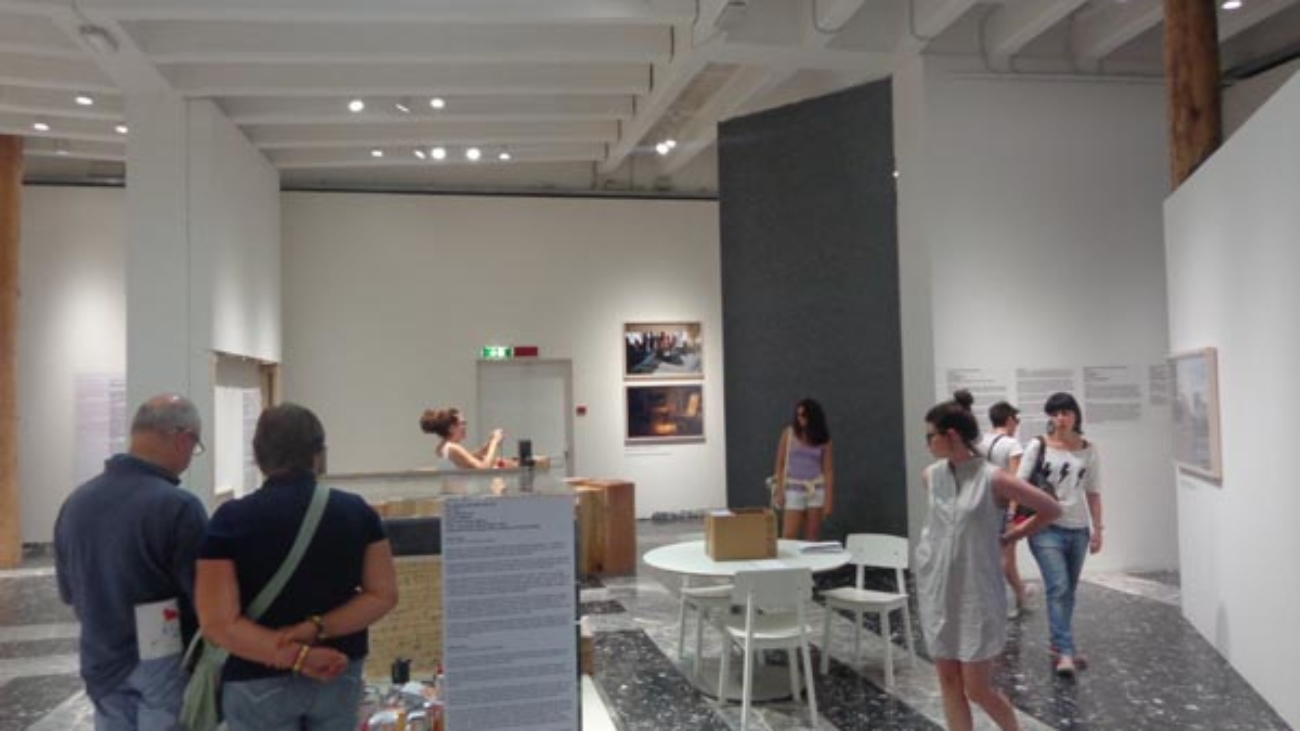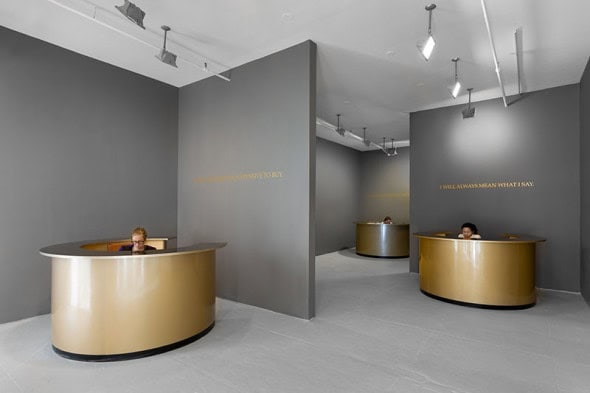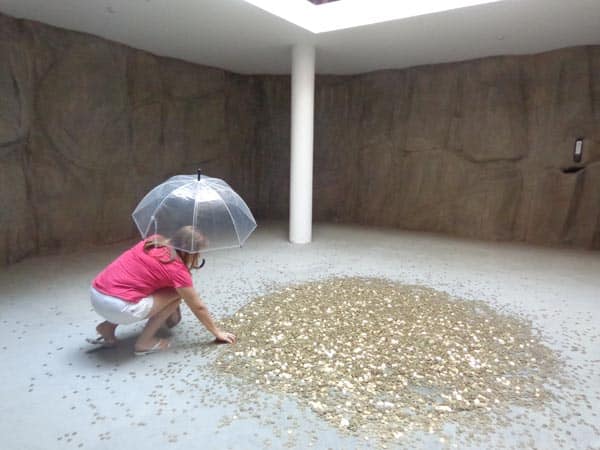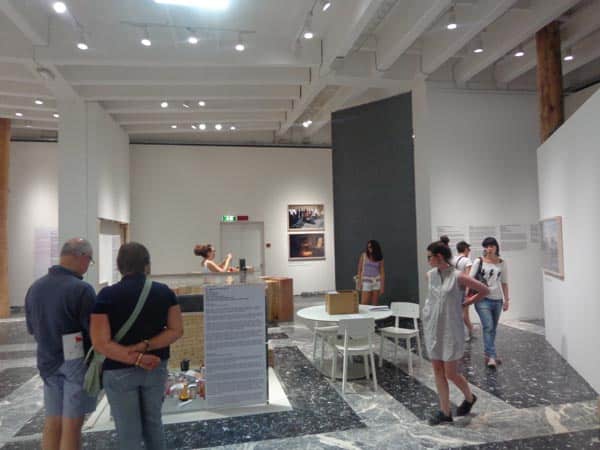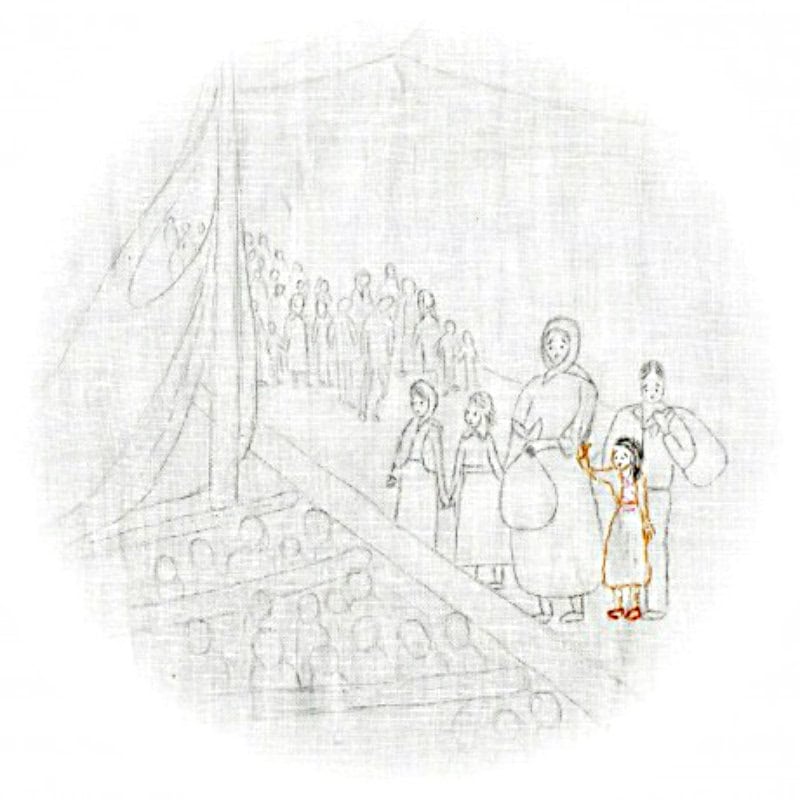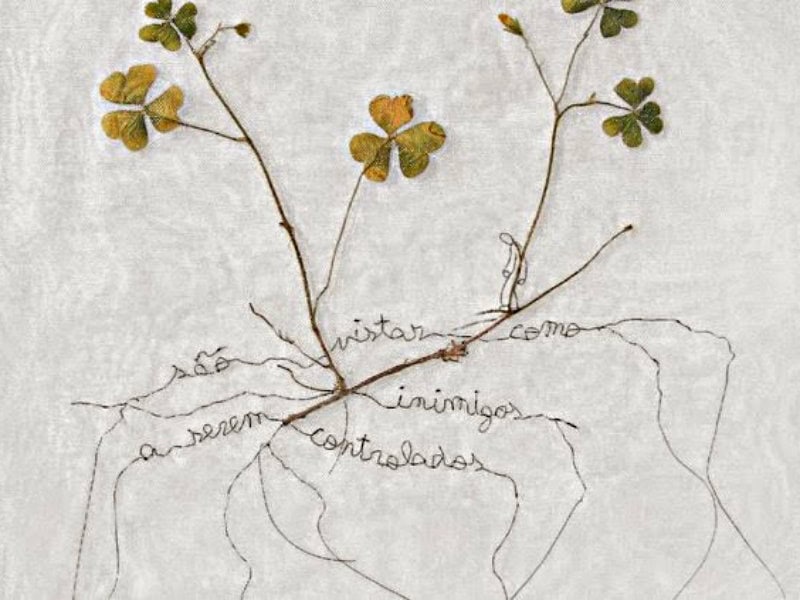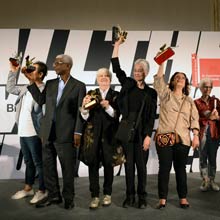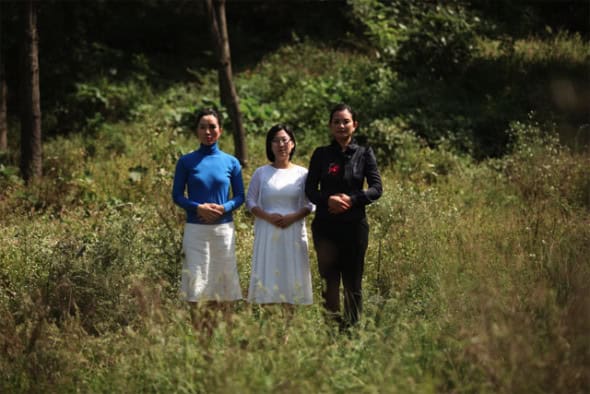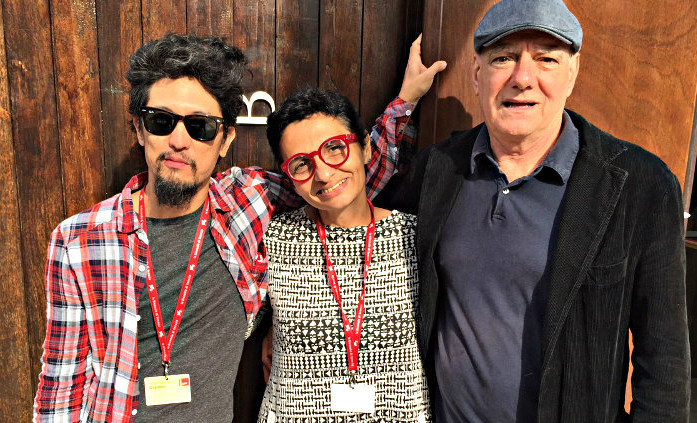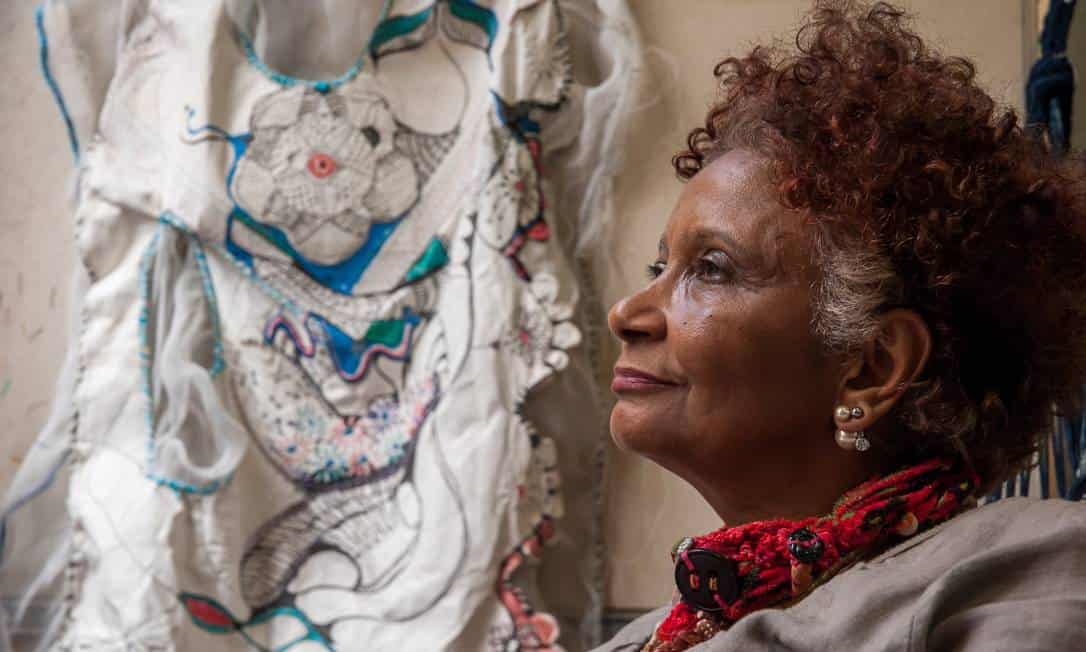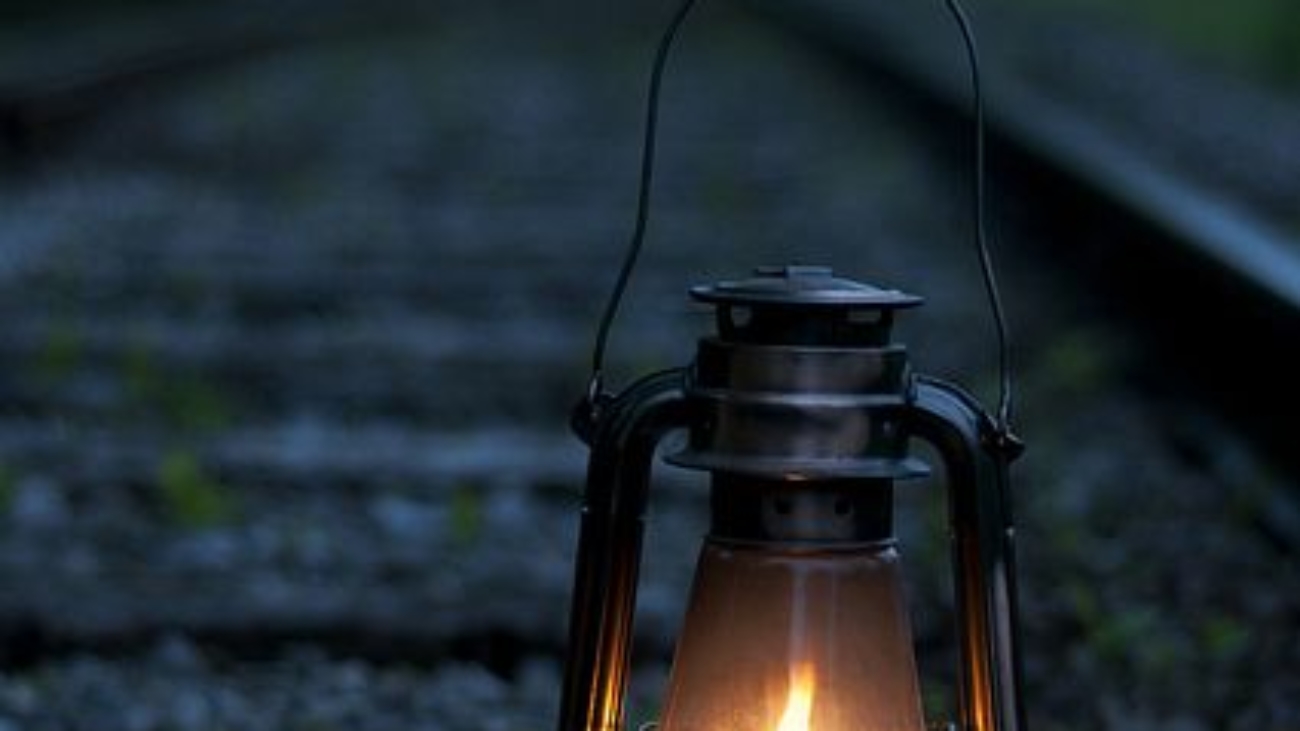Por Luiz Ernesto Wanke-As opiniões e textos de Joaquim Nabuco que vão ler são inéditos. Quer dizer que apesar desse nosso herói da palavra – um dos principais abolicionistas – ser estudado e revirado do avesso, estou certo que seus escritos aqui apresentados são uma demonstração de suas posições consolidadas posteriormente. Faz parte da coleção de documentos de meu filho Marcos Luiz que nos seus tempos de rapaz, jovem e interessado, não se cansava de pesquisar a História pelos sebos da vida. Por este ímpeto até foi admitido no Instituto Histórico e Geográfico do Paraná.
 São porções tiradas de duas cartas dirigidas ao conselheiro Homem de Mello, um dos colaboradores do Império mais chegados a D. Pedro II. Essas cartas tem um significado enorme e até poderiam ser consideradas uma extensão do livro ‘Minha Formação’ de Nabuco, porque retrata um jovem ainda sem definição profissional, embora já formado e trabalhando provisoriamente no escritório do pai, José Nabuco como advogado. Apesar disto, ainda não tinha começado sua vida pública.
São porções tiradas de duas cartas dirigidas ao conselheiro Homem de Mello, um dos colaboradores do Império mais chegados a D. Pedro II. Essas cartas tem um significado enorme e até poderiam ser consideradas uma extensão do livro ‘Minha Formação’ de Nabuco, porque retrata um jovem ainda sem definição profissional, embora já formado e trabalhando provisoriamente no escritório do pai, José Nabuco como advogado. Apesar disto, ainda não tinha começado sua vida pública.
O objetivo de Nabuco era, através desse amigo e ex-professor – ali tomado como ‘pistolão’ – conseguir um cargo remunerado de observador da educação no exterior e, com esses conhecimentos, colaborar na implementação de uma educação de qualidade no Império. Porque em 1873 pretendia (como fez) viajar para a Europa.
“Tenciono partir em maio próximo (foi em agosto) para a Europa e estimaria poder lá ser útil a essa grande causa do derramamento e da elevação da instrução entre nós. Se o senhor quisesse encarregar-me-ia de ordem do ministro ou sua com autorização para isso, de estudar a instrução na Europa, e especialmente na França e Alemanha, podendo eu passar pelos Estados Unidos. Há muito que ver na Europa e que introduzir aqui e esse trabalho só pode ser feito por alguém que conheça as necessidades e aptidões de nosso país, com a necessidade e exequibilidade das reformas…”
Para expor sua tese ele fez uma ligeira análise da educação de sua época e ainda reforça dizendo da sua competência para executar tal missão:
“É de se notar que em nosso país não se sabe o que lamentar mais, se a ignorância das massas, se a instrução ligeira e superficial das classes superiores. Sem classe superior instruídas, na extensão das palavras, nada se pode conseguir e ainda que todo o povo saiba que os primeiros lugares pertencerão à mediocridade e a meia ciência. Estou convencido que há muito que reformar na atual organização do ensino superior e que a iniciativa de um homem basta para isto, como também estou convencido de que a má organização do ensino superior e do secundário se deve atribuir à esterilidade de nosso talento e o período de ingenuidade literária e científica que atravessamos, quase no último quartel do século dezenove!”…
Mas convenhamos, tal como queria, o cargo (ou missão) não existia nos meandros da burocracia imperial. Mas ele mesmo esclarece onde poderia acha-lo lançando uma semente para seu futuro de diplomata:
“Os nossos funcionários diplomáticos têm essa incumbência, mas como a cumprem pode se ver nos relatórios publicados, que são compilações de algarismos e artigos nos jornais, sem vistas próprias nem originalidade. Oferecendo-me para estudar a instrução pública e num caráter oficial, quero, sobretudo aproveitar-me das vantagens que tal comissão dar-me-ia, sendo então tudo franqueado e podendo pedir em toda a parte auxílio de nossas legações.”
Essa suposta missão de Joaquim Nabuco tinha até um tempo de duração previsto por ele de três anos. Começaria em 1873 na Exposição de Viena e se encerraria em 1876 com a Exposição de Filadélfia, nos Estados Unidos e em comemoração ao primeiro centenário da independência.
SUAS CRÍTICAS
Nessas duas cartas ele é cáustico quanto à educação praticada no Império. Por exemplo, critica até os livros didáticos: “O compêndio, além do merecimento de ser verdadeiro e não conter faltas de nenhum gênero, deve ser facilitador do ensino. O método, portanto deve ser tão importante como o da exatidão e a falta desta leva o discípulo a errar e perder tempo.”
Apesar de católico, critica a posição da escola atrelada à igreja, mas também admite a possibilidade da democratização e universalização da educação. Faz uma comparação: “Mais cedo ou mais tarde a instrução francesa tornar-se-á obrigatória, como será leiga. É essa transformação que julgo ser muito digna de observação, porquanto nós que temos que passar pela mesma crise, teremos mais interesse em saber como os outros povos a atravessarão”. Mas este último parágrafo termina com uma preocupação que se fixou mais tarde e foi a razão da sua luta para a libertação dos escravos: “… da mesma forma que para nós é mais interessante saber como se produziu nos outros países a transformação do trabalho escravo em trabalho livre, do que como eles vivem com a liberdade.”
Nabuco se revolta contra a ignorância instalada no Império. No seu estilo que mais tarde levaria à perfeição, protesta:
“É na verdade uma grande causa, a da instrução pública. É preciso fazer-se alguma coisa mais do que decretar o ensino obrigatório. Entre nós ele ficaria na letra da lei como em Portugal. É preciso formar as classes altas, essas das quais saem os ministros, os deputados, os senadores, os juízes, os médicos, os homens de letras, os advogados e os professores. Na verdade os estudos superficiais que se fazem entre nós, exceto por dois ou três por jurisprudência, tem sido fatais ao país. É preciso, porém, que fujamos dos estudos incompletos e precipitados. É tempo que façamos pela humanidade alguma coisa útil. Colhemos os benefícios da inteligência, da ciência e da dedicação de outros, mas sem nada lhes dar. Por que não fizemos ainda dar um passo a nenhuma ciência, a nenhuma indústria e a nenhuma arte? O que já descobrimos? (exceto o aeróstato, se é exato que a glória é nossa). O que já produzimos de duradouro, a não ser as nossas leis orgânicas? Nada! E no entanto não nos falta inteligência nem campo de estudo. Mas da mesma forma que nossa natureza é descrita pelos estrangeiros, são eles que escrevem a nossa Historia. É triste a feição moral de um país cujo aspecto físico é sem rival no mundo…”
OS OPRIMIDOS
Nabuco pregava que as escolas deveriam ser mistas, num tempo que no geral a educação para mulheres restringia-se ao estudo do francês – para um bom casamento – e prendas domésticas – para serem boas esposas. Diz ele: “Para as escolas mistas das quais se diz mais vantagens que inconvenientes, enquanto na França são julgadas perigosas para os costumes e insuficientes para a educação (ver o livro l’École de Jules Simon)”. Para ele esse preconceito estava ligado à índole latina e a religião.
Outra observação referindo-se especificamente aos Estados Unidos: “Para um assunto que nos interessa as escolas de homens de cor, escolas que tanto desenvolvimento teve depois da guerra que representam tão interessante papel na transição da escravidão para a liberdade.”
QUEM TEM PADRINHO NÃO MORRE PAGÃO
Não, Joaquim Nabuco não conseguiu o cargo que imaginou. Teve que vender o Engenho da Serraria – que tinha herdado da madrinha Rosa – para com esse dinheiro percorrer a Europa por um ano.
É razoável se pensar que Joaquim Nabuco não conseguiu seu cargo de ‘comissário’ da educação imperial por razões burocráticas. E que também tenha se decepcionado com o fracasso de seu pedido porque nada fez sobre o planejamento contido nessas duas cartas na sua viajem de 1873 e nada de específico que pensou registrou nos seus escritos posteriores.
Mas o ‘espírito’ das cartas ficou. Tanto que dois anos depois de regressar desta viagem, em 1876, ele foi nomeado ‘adido de primeira classe’ junto a legação brasileira nos Estados Unidos. Justamente seu objetivo final contido no teor das cartas. Por isto, hoje elas representam não só um documento, mas uma ‘joia’ tal como fosse feita de ouro e diamantes.
Para atingir sua meta teve ajuda paterna. Afirmo isto porque na última dessas cartas Nabuco se despede do Barão Homem de Mello citando toda admiração pelo pai, que depois foi sua inspiração para a obra prima ‘Um Estadista do Império”.
“Tomei o dia de hoje para responder-lhe e envio-lhe esta por meu pai, com quem lhe peço que se entenda sobre tudo que me disser respeito: como ele pensar pensarei eu.”

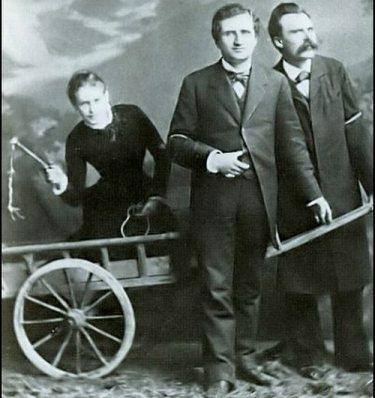

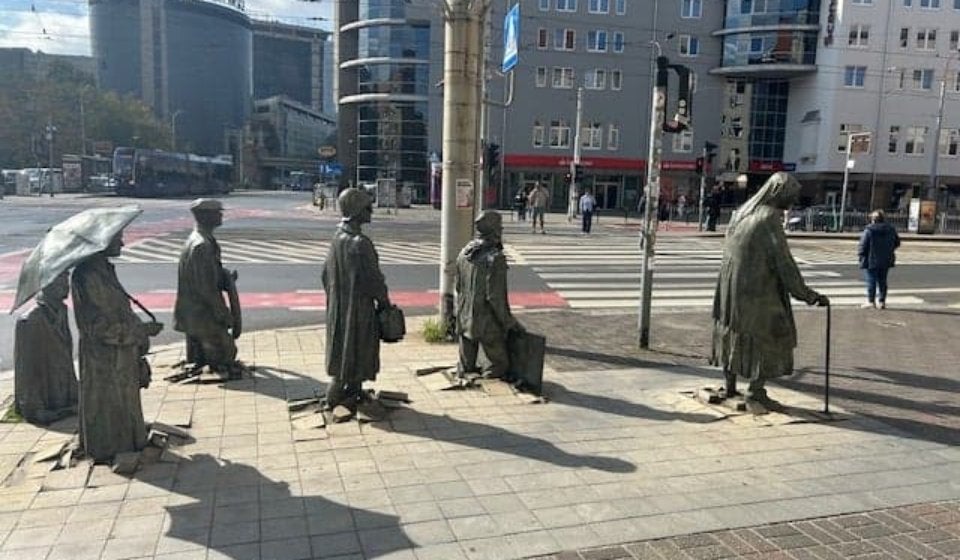
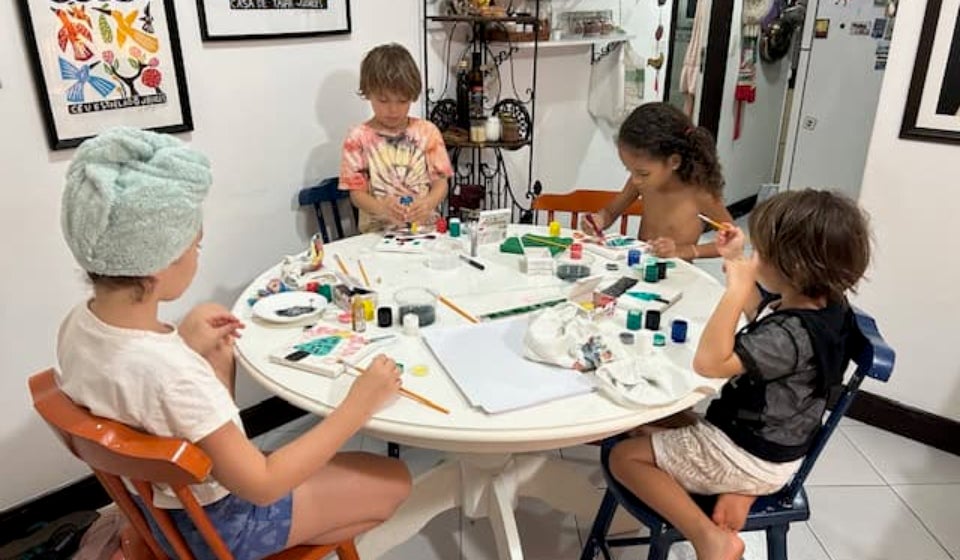
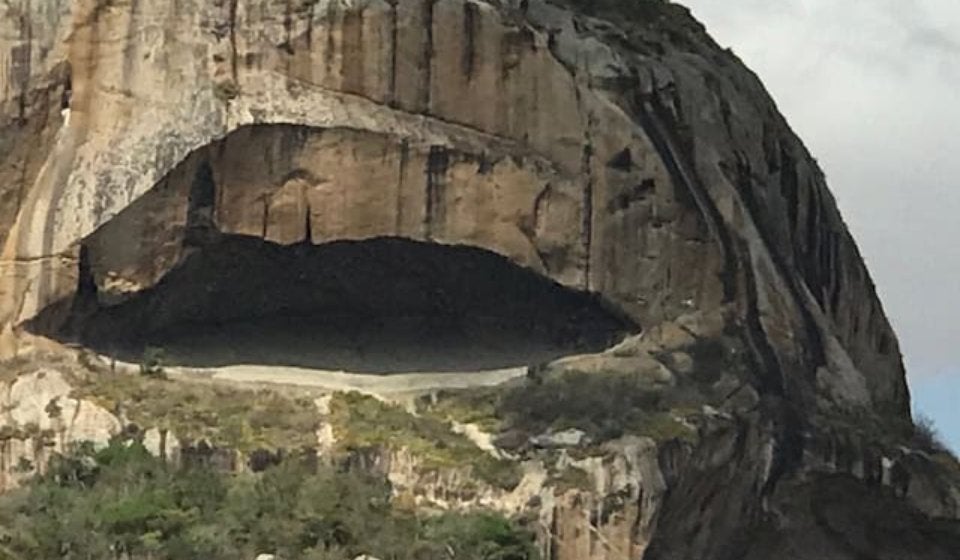
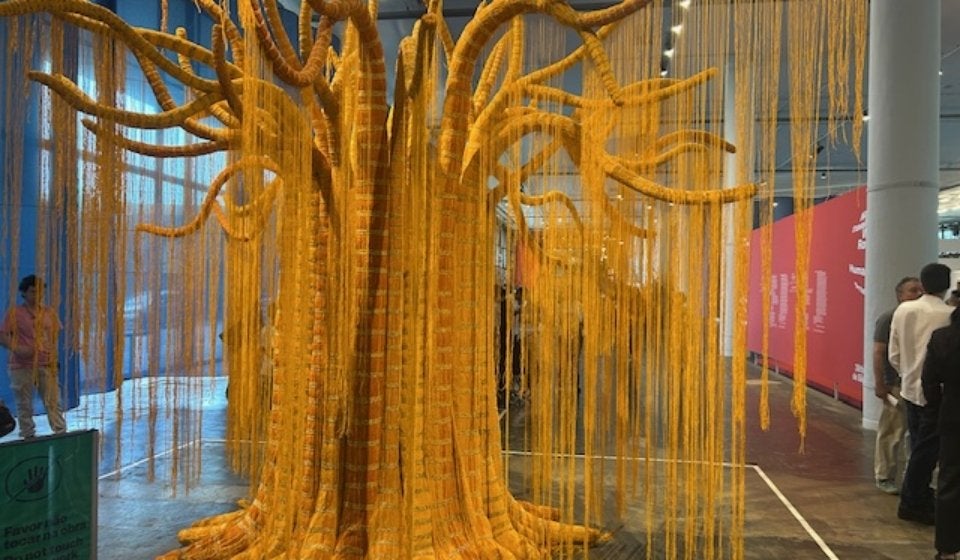

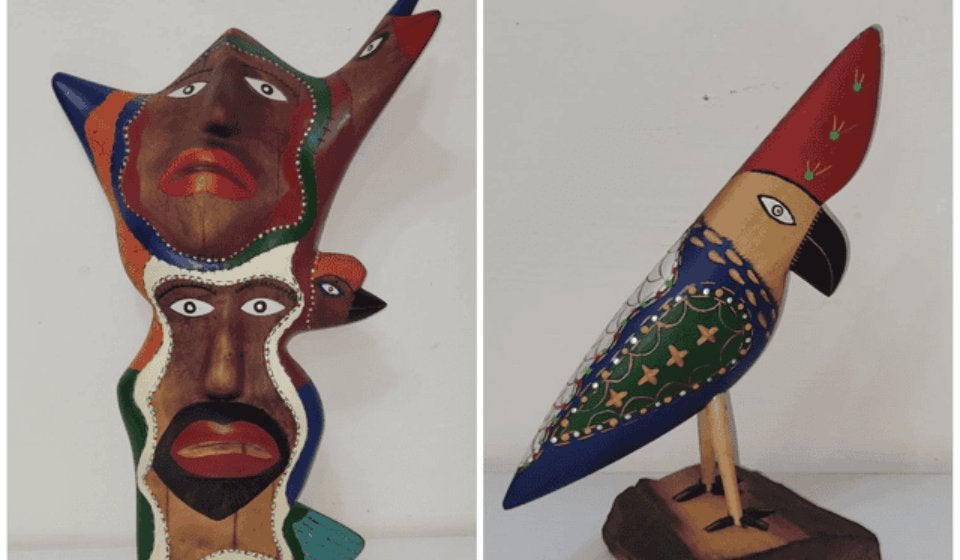
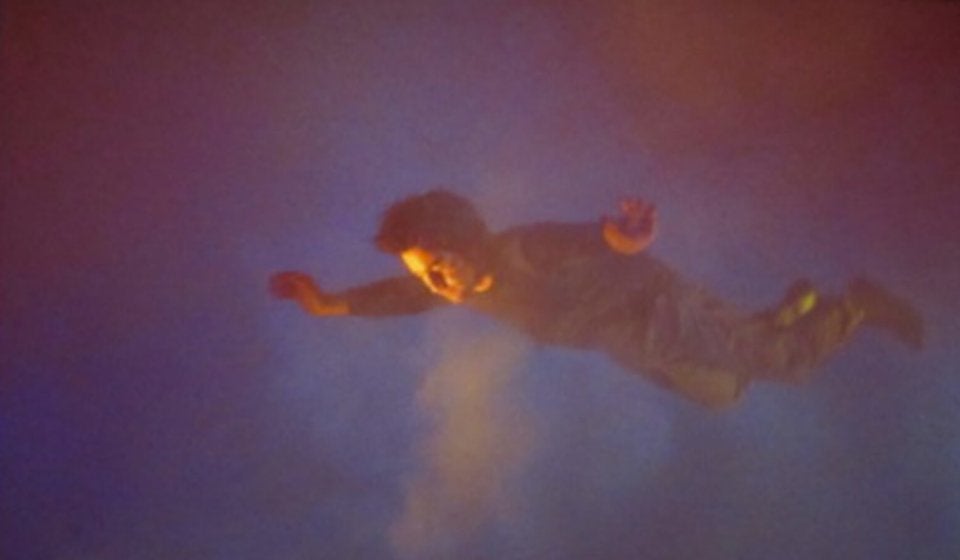

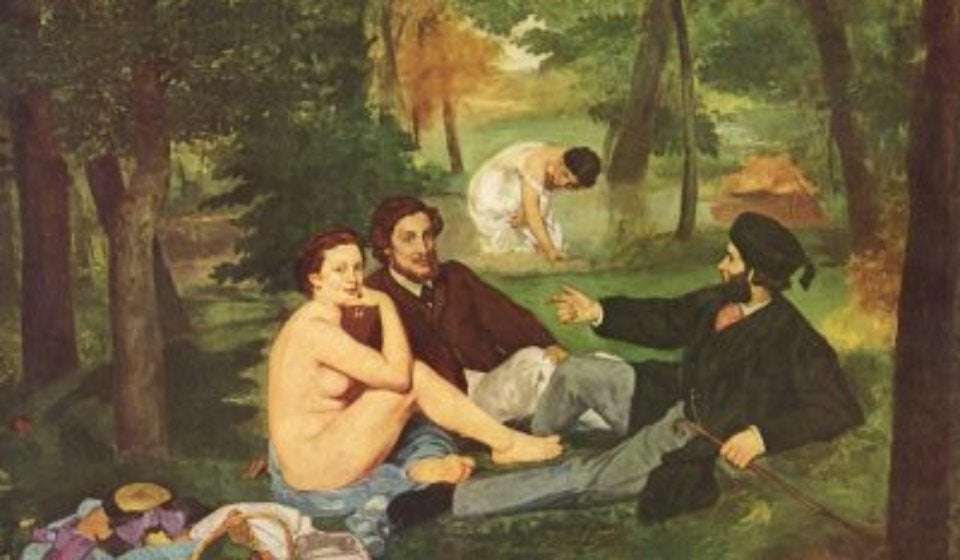
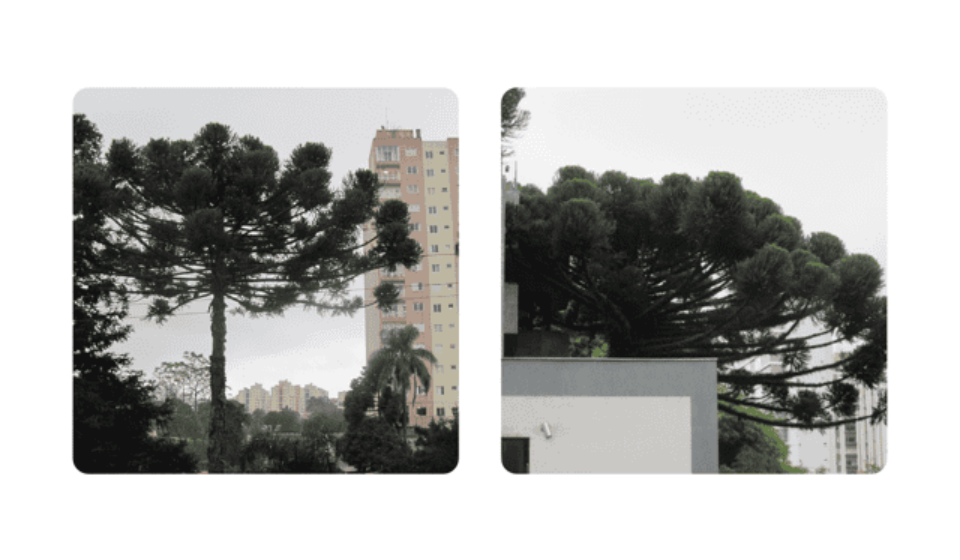
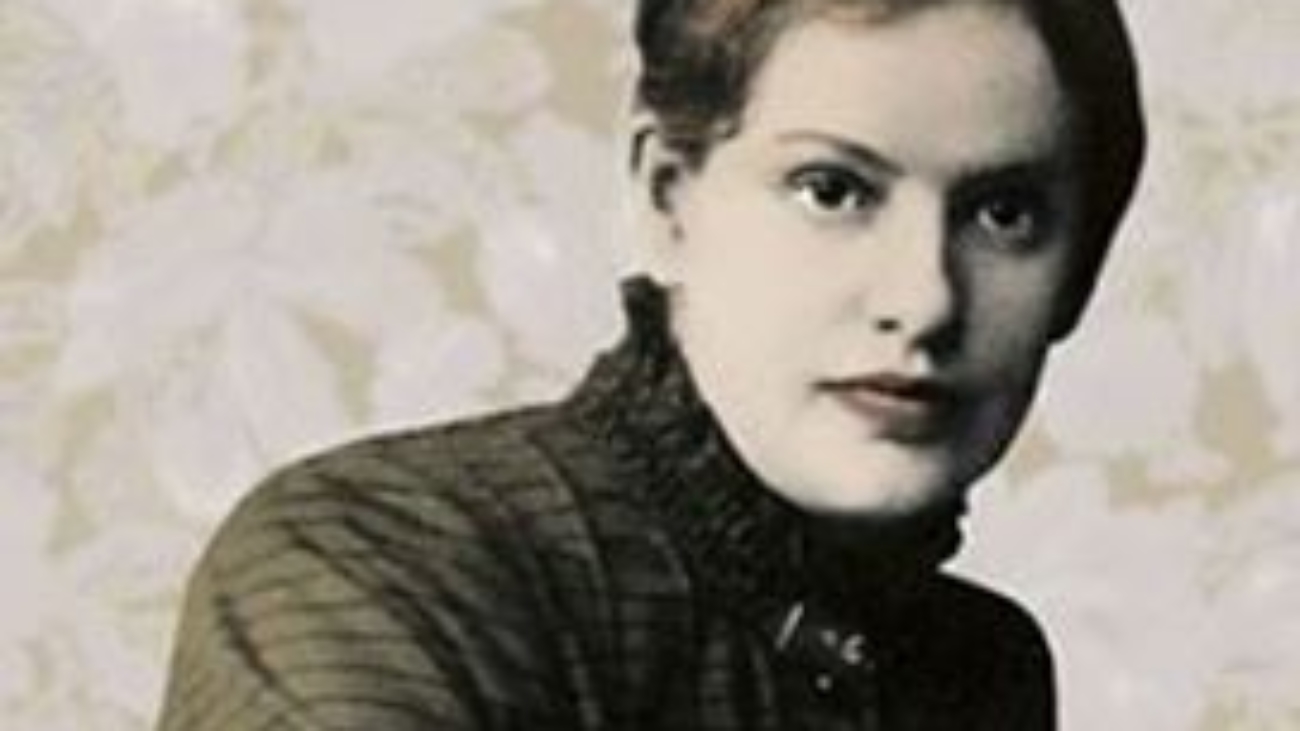
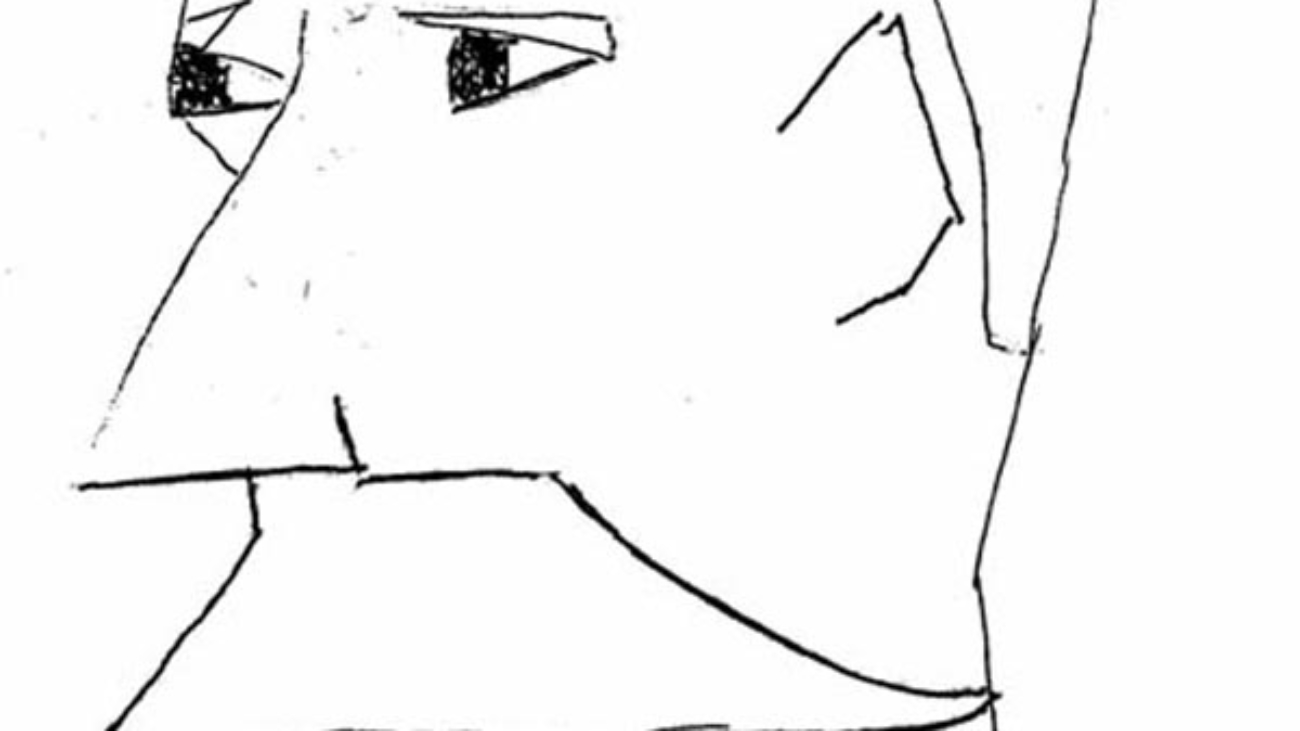
 São porções tiradas de duas cartas dirigidas ao conselheiro Homem de Mello, um dos colaboradores do Império mais chegados a D. Pedro II. Essas cartas tem um significado enorme e até poderiam ser consideradas uma extensão do livro ‘Minha Formação’ de Nabuco, porque retrata um jovem ainda sem definição profissional, embora já formado e trabalhando provisoriamente no escritório do pai, José Nabuco como advogado. Apesar disto, ainda não tinha começado sua vida pública.
São porções tiradas de duas cartas dirigidas ao conselheiro Homem de Mello, um dos colaboradores do Império mais chegados a D. Pedro II. Essas cartas tem um significado enorme e até poderiam ser consideradas uma extensão do livro ‘Minha Formação’ de Nabuco, porque retrata um jovem ainda sem definição profissional, embora já formado e trabalhando provisoriamente no escritório do pai, José Nabuco como advogado. Apesar disto, ainda não tinha começado sua vida pública.